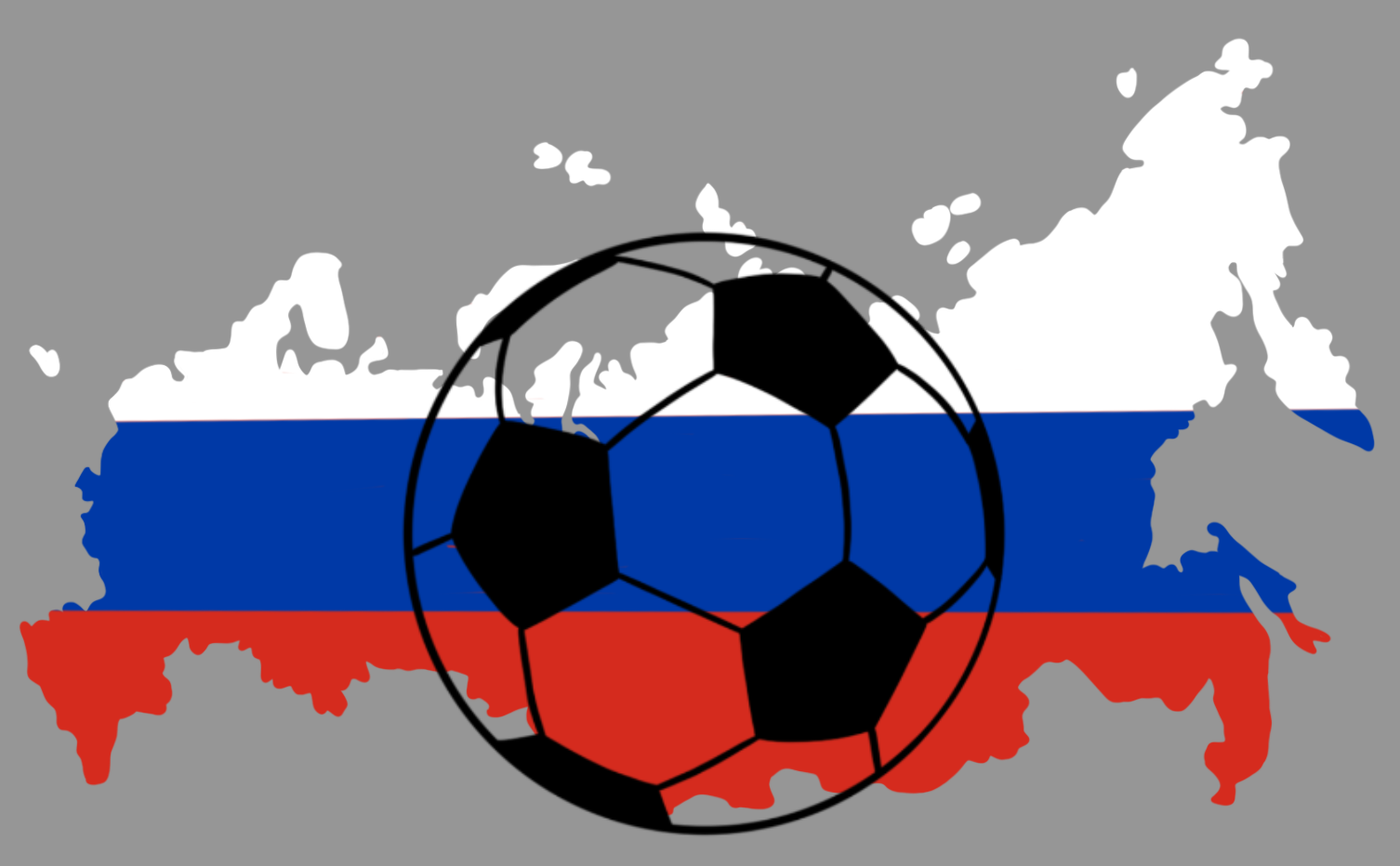
Vladimir Putin’s unilateral invasion of Ukraine has resulted in dire repercussions for Russians, Ukrainians and the world alike. Western governments have largely resorted to canceling and boycotting random Russian economic and cultural icons in response. One such sector facing stiff penalties is Russia’s national football teams and leagues, which have been indefinitely suspended from FIFA (Federation Internationale de Football Association) and UEFA (Union of European Football Associations) competitions.
FIFA announced at the end of February that Russian national teams have been barred from competing in famed competitions such as the FIFA World Cup, scheduled to be played this fall in Qatar. It is one of the first times FIFA has banned a national team for political reasons. Usually, FIFA sanctions teams for sporting reasons, such as cheating, or specific individuals that were already under investigation for sporting or financial violations. Russia hosted the previous World Cup tournament in 2018, where its national team bowed out with a respectable quarter final finish.
It was Russia’s best World Cup finish since the dissolution of the Soviet Union in 1991.
Following their decision to suspend Russian teams, FIFA and UEFA released a joint statement to the public.
“Football is fully united here and in full solidarity with all the people affected in Ukraine,” the statement reads. “Both Presidents (of UEFA and FIFA) hope that the situation in Ukraine will improve significantly and rapidly so that football can again be a vector for unity and peace amongst people.”
The initial pressure for an outright ban of Russia came from football officials in Poland, Sweden and the Czech Republic, whose national teams faced the prospect of playing against Russia during the World Cup playoff in March. Officials in the United States, France and England supported the boycott, refusing to play Russian teams until further notice. The indefinite ban on Russia extends to its club teams, meaning that Spartak Moscow, Russia’s last remaining representative in a European competition, will no longer be able to compete in its Europa League knockout game against Germany’s RB Leipzig.
UEFA went a step further. It announced that it had ended a sponsorship agreement with the Russian energy giant Gazprom. The deal was worth a reported $50 million a year to European football.
The Russian Football Union (RFU) called the ban discriminatory and vowed legal action.
“Such actions split the international sports community, which has always adhered to the principles of equality, mutual respect and independence from politics,” the RFU said. “We reserve the right to challenge the decision of FIFA and UEFA in accordance with international sports law.”
Critics point to the hypocrisy of FIFA in its move to ban a country for political reasons. Saudi Arabia, a country that has waged a systematic campaign of violence against civilians in Yemen for years, just qualified for the World Cup without repercussions and was even celebrated by FIFA. The United States, a country that has unilaterally invaded several countries in recent decades, has long competed in FIFA competitions without issue.
Despite the penalties Russian teams face, many Ukrainian players and coaches are still stranded in cities such as Donetsk, Kyiv and Kharkiv. Some prominent Ukrainian athletes have even taken up arms to defend Ukraine. Yuriy Vernydub, one of the most famed and successful Ukrainian football managers, returned to defend his hometown.
“When I make a decision, I will not change it,” Vernydub said to the BBC. “I’m not very far from the conflict. The toughest battles are probably 120 km away from our location. But I’ve made my decision, so it’s okay. I’m not afraid.”
The 2022 FIFA World Cup will be played in Qatar this fall. So long as the war in Ukraine rages on, players from Russia and Ukraine will face unnecessary barriers to competition. FIFA’s move to ban Russia sets a new precedent on how political actions can affect international sports.
Subscribe to the Mossy Log Newsletter
Stay up to date with the goings-on at Lewis & Clark! Get the top stories or your favorite section delivered to your inbox whenever we release a new issue.

Leave a Reply